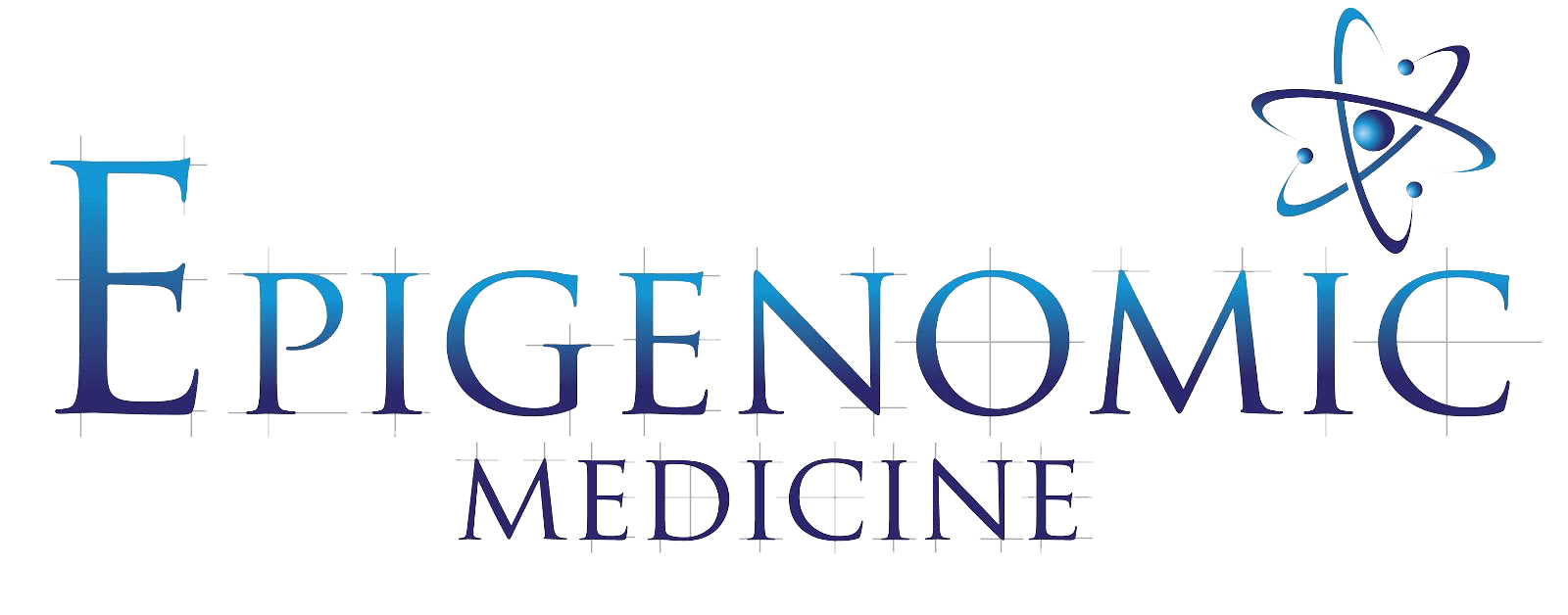he most significant global efforts to combat the ongoing pandemic. While vaccines have proven to be effective tools in controlling the spread of the virus and preventing severe illness, controversies surrounding them have emerged. This article explores the various controversies and debates surrounding COVID-19 vaccines, shedding light on key issues and providing insights into this complex topic.
- Vaccine Development and Speed:
One of the earliest controversies surrounding COVID-19 vaccines was the rapid pace of their development. Some critics questioned whether corners were cut in the approval process. It’s important to note that the accelerated timeline was made possible through unprecedented global collaboration, advancements in vaccine technology, and streamlined regulatory processes.
- Efficacy and Variants:
As new variants of the virus emerge, concerns have arisen about the effectiveness of existing vaccines. Ongoing research indicates that while some vaccines may be less effective against certain variants, they still provide substantial protection against severe illness and hospitalization. Booster shots and adapted vaccines are being developed to address this concern.
- Vaccine Hesitancy:
Vaccine hesitancy has been a persistent issue. Controversies surrounding misinformation, mistrust in government or pharmaceutical companies, and fears of side effects have contributed to vaccine hesitancy. Public health campaigns and transparent communication have been crucial in addressing this challenge.
- Rare Side Effects:
Reports of rare but serious side effects like blood clotting (associated with certain adenovirus-based vaccines) raised concerns. Health authorities have responded by providing guidance on the risk-benefit ratio, and alternative vaccines are available for those with specific concerns.
- Equity in Vaccine Distribution:
The global vaccine rollout has faced criticism for its inequities. High-income countries secured early access to vaccines, while many low- and middle-income nations lagged behind. Organizations like COVAX aim to address these disparities, but challenges remain in ensuring equitable distribution.
- Breakthrough Infections:
Breakthrough infections, where fully vaccinated individuals still contract COVID-19, have fueled controversy. It’s important to understand that no vaccine is 100% effective, but vaccines significantly reduce the risk of severe illness and death. Breakthrough cases are expected but remain rare.
- Vaccine Passports:
The concept of vaccine passports, allowing vaccinated individuals greater freedoms, has sparked debates about privacy, discrimination, and societal implications. Striking a balance between public health measures and individual liberties is a challenge governments are grappling with.
- Long-Term Safety:
Concerns about the long-term safety of COVID-19 vaccines persist. Ongoing monitoring and research are essential to address these concerns, but available data indicate that the benefits of vaccination outweigh potential risks.Conclusion:COVID-19 vaccines have undoubtedly played a pivotal role in the fight against the pandemic. Controversies and debates are an inevitable part of the process, but they should be addressed through open dialogue, accurate information dissemination, and continued research. As the pandemic evolves, our understanding of vaccines will also grow, guiding us toward a safer and healthier future.

